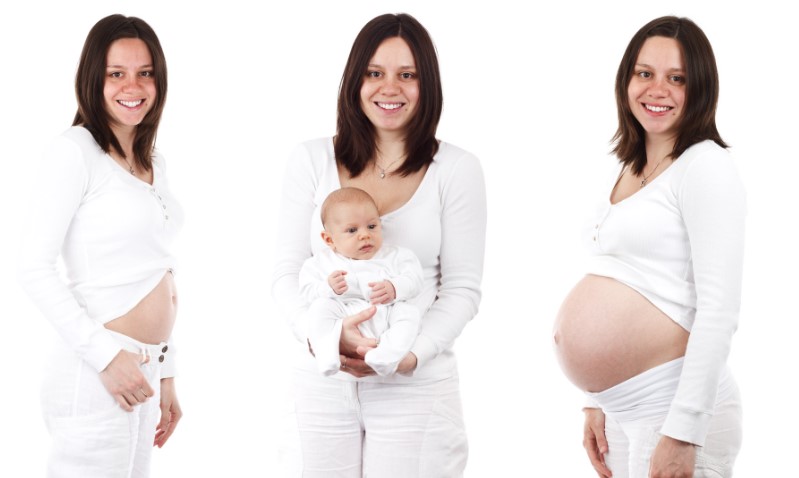Getting pregnant isn’t as easy as you think. It might not be a problem if you are still single and young with no plans to have kids just yet. However, for couples who want to conceive, female infertility is a stressful, daunting, and life-changing reality.
Infertility – A Short Definition
Infertility refers to the inability of sexually active couples that don’t use birth control to conceive after a year of trying.
This condition affects over 3 million couples in the US alone. Approximately 30% are because of male factors, 40% are because of female factors, 20% are the combination of the two while 10% are because of unknown causes.
Several things should happen for pregnancy to take place:
- An egg should develop in the ovary of the woman
- The egg should be released every month in the fallopian tube.
- The sperm of the man should fertilize the egg inside the fallopian tube.
- This fertilized egg should pass through the fallopian tubes and implant or attach in the uterus lining.
If one of these events is disrupted or doesn’t happen, it will result to infertility.
Common Culprits of Female Infertility
Around one quarter of female infertility is due to an ovulation problem. It can be because of an imbalance of follicle stimulating hormone or FSH and luteinizing hormone or LH, too much or too little body weight, pituitary tumors, and injury to the pituitary or hypothalamus gland that produces the hormones.
Other forms of hormonal conditions that affect fertility include PCOS or polycystic ovary syndrome, diabetes, thyroid issues, POF or premature ovarian failure, and sometimes Cushing’s syndrome.

The ability of a woman to conceive can be affected by other factors as well, including the following:
- Reproductive tract problems such as damaged or blocked fallopian tubes, benign uterine fibroids, pelvic adhesions, endometriosis, and complications from infection orsurgery
- Age like decrease in quality or quantity of eggs
- Drinking alcohol, smoking, or using some recreational drugs
- Sexually transmitted diseases like gonorrhea and Chlamydia
- Medications like tranquilizers, antidepressants, anti-cancer drugs, narcotics, and calcium channel blockers
- Medical conditions like kidney disease, HIV/AIDS, and sickle cell disease
- Exposure to pesticides, toxic fumes, lead, and radiation
Treatment for Infertility
Infertility treatment will depend on your age, the cause, and how long you have been suffering from the issue. This falls to two primary categories. The first one is to regain fertility through surgery or medications and the second one is using assisted reproductive technologies.
The fertility drugs are the main treatment for females with ovulation disorders. The treatments can also be used with IUI or intrauterine sperm injection that involves direct injection of the sperm in the uterus.
Surgery is also an option if the infertility is because of endometriosis or blocked fallopian tubes.
Assisted reproductive technology or ART is the next treatment category. These technologies include in vitro fertilization, embryo and egg donation, and intracytoplasmic sperm injection or direct sperm injection to the egg.
If you are having a hard time to get pregnant because of female infertility, make sure you consult a reproductive endocrinologist right away to diagnose and treat the problem.
Read also an article about Types of Psychotherapy.














